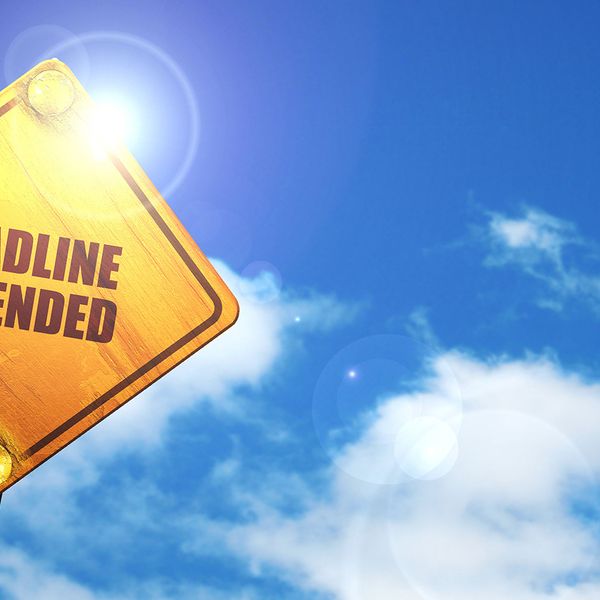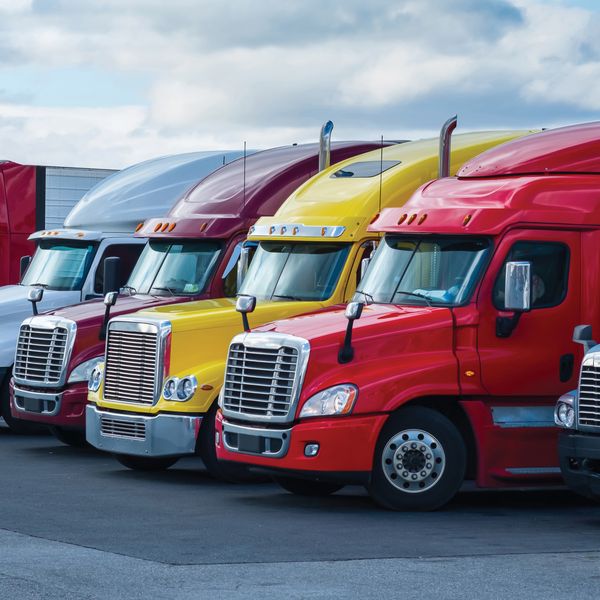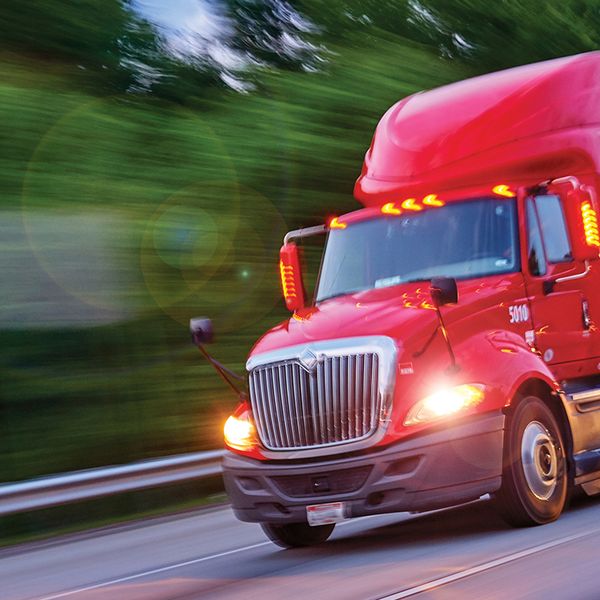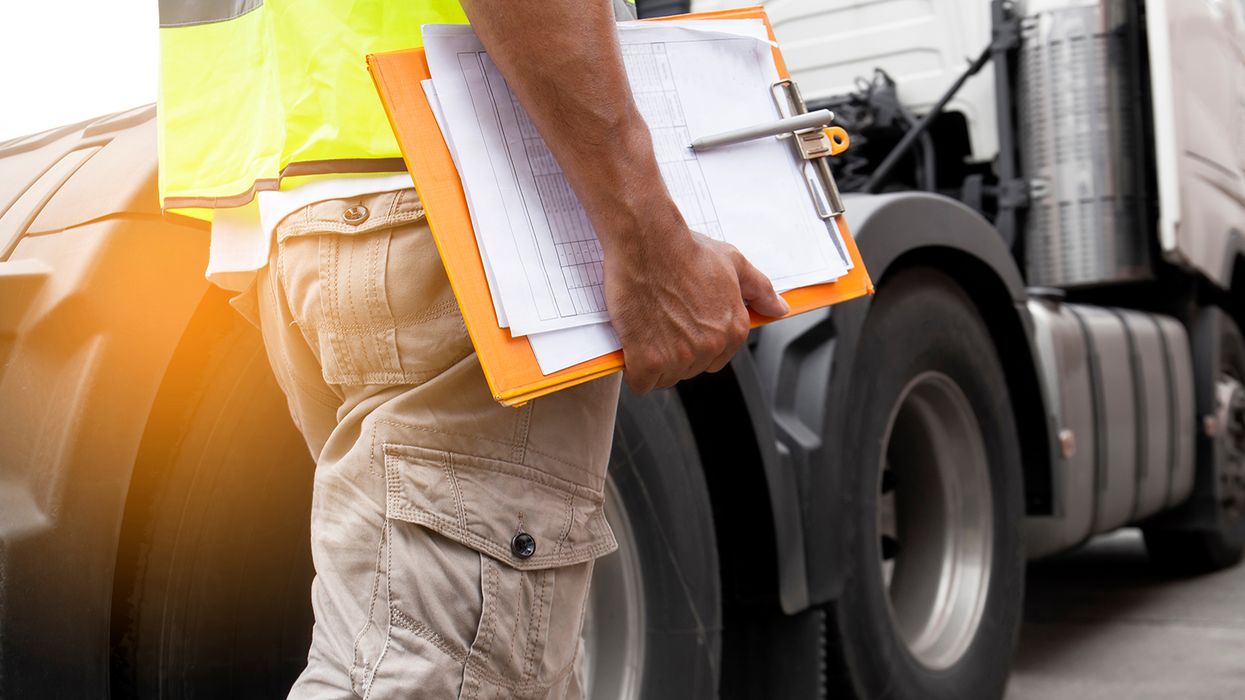CARB — What’s new for 2021
If you operate in California, you need to be up to date on what the California Air Resources Board (CARB) is up to. This year, CARB is updating several programs and has a new requirement that applies to “large entities” operating vehicles based in California. The programs with an “*” in front of them throughout this article are applicable to all carriers operating in California, not just those based in California or with an operating facility in California.
Large entity report under the Advanced Clean Trucks program
CARB adopted a regulation in June 2020 that has a one-time reporting requirement for large entities that operate or dispatch vehicles with a manufacturer’s gross vehicle weight rating (GVWR) greater than 8,500 pounds in California. The tentative deadline for reporting is April 1, 2021. A large entity is defined as a business that operates a facility in California and:
- Had more than $50 million in revenue in 2019 from all related subsidiaries, subdivisions, or branches, and has at least one qualifying vehicle;
- Owns 50 or more vehicles;
- Dispatches 50 or more vehicles into or throughout California; or
- Is a government agency (federal, state, or local) that has at least one qualifying vehicle.
Details and the reporting system can be found at: https://ww2.arb.ca.gov/our-work/programs/advanced-clean-trucks/large-entity-reporting.
*Truck and bus regulation
This regulation requires the retrofitting of older diesel-powered vehicles with a diesel particulate filter (DPF) or an engine that meets the 2010 emissions standards. This applies to all vehicles operating in California, regardless of where the vehicle is based or registered. As of January 1, 2021:
- 2004 model year and older heavy vehicles (rated at over 26,000 pounds) must be retrofitted with an engine meeting the 2010 emissions standards;
- 2005 and 2006 model year heavy vehicles must have a DPF; and
- 2006 model year and older light vehicles (14,001- to 26,000-pound weight ratings) must be retrofitted with an engine meeting the 2010 emissions standards.
Other programs
Here is a short list of some of the other programs that would be applicable to most carriers operating in California:
- *Transportation Refrigeration Unit: To operate in California, a diesel-powered transportation refrigeration unit (TRU) must meet specific emission standards (regardless of where it is based). If the TRU cannot meet the standards as built, it must be retrofitted with emissions control technologies (contact your refrigeration unit vendor if you have questions on your particular units and possible retrofits).
- *Tractor-trailer greenhouse gas regulation: This regulation requires 53-foot box-type trailers and the tractors pulling them to meet specific aerodynamic and low rolling resistance requirements. This applies to all vehicles operating in California.
- *Heavy-Duty Vehicle Inspection Program (HDVIP): Any heavy-duty vehicle operating in California, regardless of where it is based, may be inspected at roadside locations to verify the vehicle is meeting the appropriate emissions standards. To assist with this program, California also requires all engines to have the emissions label in place (a replacement label can be provided by the engine manufacturer).
- Periodic Smoke Inspection Program (PSIP): This program requires fleet owners to conduct specific annual emissions inspections once the vehicle is four years old. The owner must also repair vehicles that do not pass. This program applies to any diesel-powered vehicle with a GVWR of 6,001 pounds or more. There is an exception that allows for every-other-year testing for certain vehicles with a GVWR of 6,001 to 14,000 pounds.
Key to remember: If you operate in California, you need to comply with the applicable CARB emissions regulations.






















































